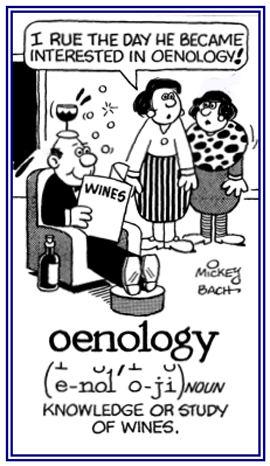-ology, -logy, -ologist, -logist
(Greek: a suffix meaning: to talk, to speak; a branch of knowledge; any science or academic field that ends in -ology which is a variant of -logy; a person who speaks in a certain manner; someone who deals with certain topics or subjects)
The word -ology is a back-formation from the names of certain disciplines. The -logy element basically means "the study of ____". Such words are formed from Greek or Latin roots with the terminal -logy derived from the Greek suffix -λογια (-logia), speaking, from λεγειν (legein), "to speak".
The suffix -ology is considered to be misleading sometimes as when the "o" is actually part of the word stem that receives the -logy ending; such as, bio + logy.
Through the years -ology and -logy have come to mean, "study of" or "science of" and either of these suffixes often utilize the form of -ologist, "one who (whatever the preceding element refers to)".
The examples shown in this unit represent just a small fraction of the many words that exist in various dictionaries.
2. The study of various kinds of wines:
- Natural wines, also called beverage or table wines, come from juice pressed from grapes and that are allowed to ferment naturally perhaps with the addition of controlled amounts of yeast, sugar, or very small amounts of sulfur.
- Fortified wines have a dosage of alcohol; such as, grape brandy during their vinification resulting in vermouths, sherry, Marsala, Madeira, or port.
- Sparkling wines, like champagne, go through a double fermentation, the second one taking place in the bottle.
- Wines are also classified by color when they are red, white, or pink.

Go to this Word A Day Revisited Index
so you can see more of Mickey Bach's cartoons.
2. The science of the home; home economics.
3. The science of homes; especially, with regard to the effect on the health of the occupants.
2. The study of names or naming; also, a branch of semantics concerned with related words and their meanings; the study of nomenclature.
Onomasiology is central to human interest in language. Due to the rich quantity of modern linguistic working materials; such as, dialect dictionaries, minutely compiled corpora etc., onomasiological studies can and must investigate small dialect areas in a detailled way in order to gain valuable insights into the processes of naming and name-changing.
Onomasiologists need good bibliographies, encyclopaedias, and some type of coherent linguistic data base to come up with comprehensive results.


